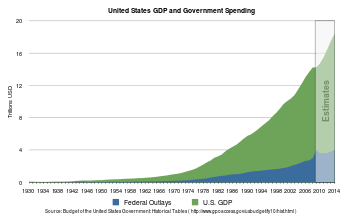
Sometimes partisan reactions to political event prove more informational than the events themselves. The first Democratic presidential debate was a yawner. We learned little that we didn’t already know about the five participating candidates. But we learned something important from conservative columnist Jim Geraghty of National Review: “America Now Has an Openly Socialist Party.”
Well, it’s about time ONE of the two parties came out and admitted the nature of its program, don’t you think?
Sure, the forms of socialism offered by the Democrats and Republicans differ in style. Democrats attack “the 1%.” Republicans offer to “save Social Security.” Democrats emphasize the welfare state. Republicans talk up the warfare state. But both parties are state socialist in substance, with very little daylight between them on the real issues.
Old style socialism supposedly operated on the prescription “from each according to his ability, to each according to his needs.”
21st century American state socialism tweaks that a bit: “From each according to his ability, to each according to his lobbyist’s talent at wangling sweetheart government contracts to build weapons or hand out condoms.”
But really, I’m surprised that anyone from National Review wants to talk about socialism, given that publication’s role in shaping the modern American Republican Party into the nation’s most successful and enduring socialist institution.
National Review was founded by William F. Buckley, Jr. in 1955. Among its co-founders was James Burnham, Buckley’s mentor and the former head of America’s Trotskyites, who were firebrand advocates of worldwide communism (as opposed to the “socialism in one country” of their bete noire, Stalin).
As early as 1952, in The Commonweal (an American Catholic magazine, not the better-known British socialist newspaper), Buckley had called upon the Republican Party to support “a totalitarian bureaucracy within our shores. …. large armies and air forces, atomic energy, central intelligence, war production boards and the attendant centralization of power in Washington …” He founded National Review to bring that vision to life.
Sixty-odd years later, behold the mutant form of Trotsky’s “war communism” imposed by Buckley’s disciples on an American politics and economy harnessed to pursuit of “global democratic revolution” (yes, they dumped the s-word to make it more warm and fuzzy).
There’s not enough facepalm in the world to encompass the silliness of National Review whining about “socialism.” The puny proposals of the debating Democrats pale in comparison to the actual accomplishments of Buckley’s commissars.
Thomas L. Knapp is director and senior news analyst at the William Lloyd Garrison Center for Libertarian Advocacy Journalism (thegarrisoncenter.org). He lives and works in north central Florida.
PUBLICATION/CITATION HISTORY
- “Socialism: National Review Should Talk,” by Thomas L. Knapp, Ventura County, California Citizens Journal, 10/14/15


